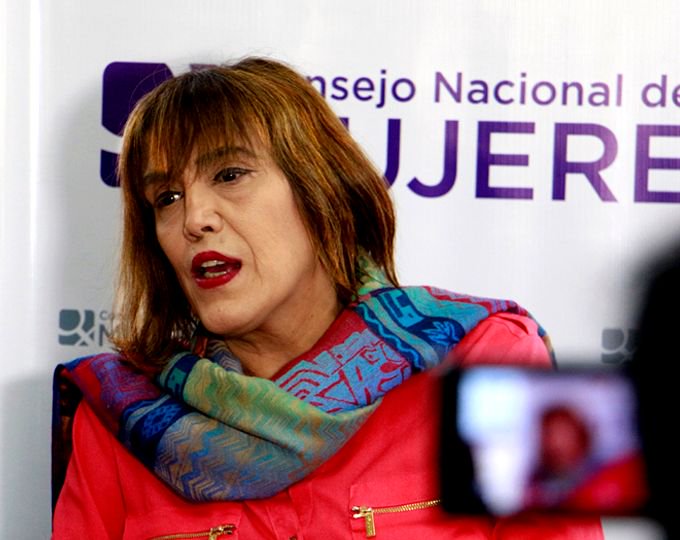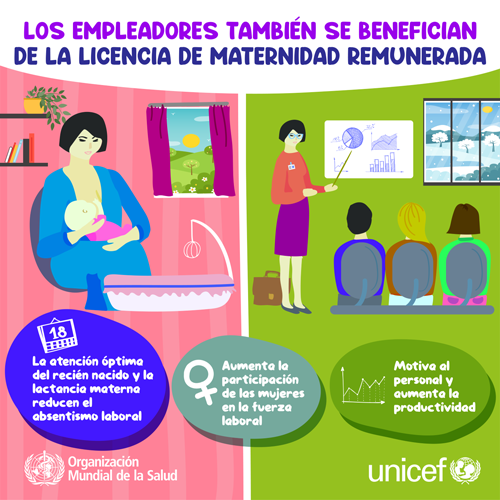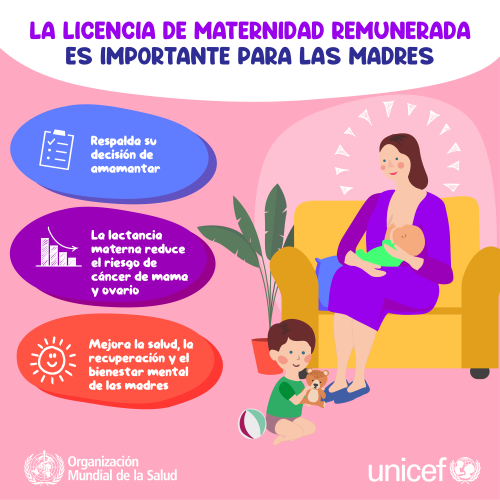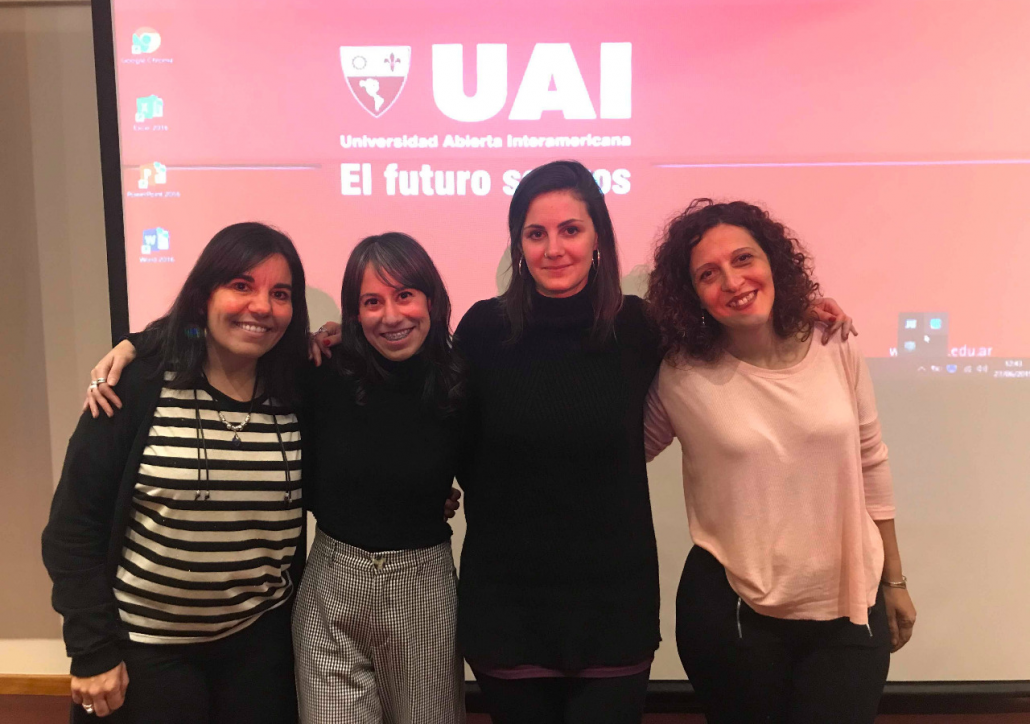The Superior Court of Justice denied the appeal filed by Portal de Belén for the Supreme Court to review the ruling confirming the constitutionality of the Guide for the Care of Non-Punishable Abortions. After seven years of judicial discussions, the guide is finally applicable.
“Below, we offer a google translate version of the original article in Spanish. This translation may not be accurate but serves as a general presentation of the article. For more accurate information, please switch to the Spanish version of the website. In addition, feel free to directly contact in English the person mentioned at the bottom of this article with regards to this topic”.
In 2012, the Ministry of Health of the province of Córdoba approved the Procedure Guide for the care of patients requesting Non-Punishable Abortion practices. This guide was approved in compliance with what was indicated by the Supreme Court of Justice of the Nation in the FAL ruling, where he entrusted the national and provincial executive powers with the implementation of hospital protocols “for the specific care of abortions not punishable by the effects of removing all administrative or factual barriers to access to medical services ”.
The Guide, approved by means of Resolution 93/12, establishes the way to proceed of the health institutions of the province of Córdoba before the requirement of an abortion not punishable by the causes established in Art. 86 Inc. 1 and 2 of the Code Criminal with the interpretation of the Supreme Court. This is:
When the life or health of the pregnant person is in danger. Here it is important to keep in mind that according to the World Health Organization, it is understood as the greatest state of general well-being (social, physical, emotional, spiritual, mental, etc.) that a person can have. In this sense, the possibility of deciding is a factor that affects the health of pregnant people. On the other hand, when the pregnancy is a product of rape.
However, the application of this Guide was suspended almost from the moment of its approval. Despite the clear judicial interpretation of the rules on non-punishable abortion made by the Supreme Court in the F.A.L. and by the Ministry of Health of the province to sanction it, the religious organization “Portal de Belén” presented an amparo to prevent its application, achieving the interposition of a precautionary measure on the Guide and thus preventing pregnant people, for the most part, women, could access a fundamental right for more than 7 years.
The difficulties of abortion in Córdoba
This meant that legal abortion situations that arose in the province during these years should be resolved in other jurisdictions, or, directly, in hiding. The University Hospital of Maternity and Neonatology, of national jurisdiction and located in the provincial capital, is one of the health centers that guaranteed access, with some difficulties due to the limited staff dedicated to the practice. On the other hand, the Primary Health Care Centers of the Municipality of Córdoba address these situations through the Sexual and Reproductive Health Program that is carried out through an agreement with the Nation. There, women access counseling and can obtain medication to perform the practice on an outpatient basis.
However, when the interruption could not be resolved in these centers, women and pregnant women had nowhere to turn. According to data provided by the Directorate of Sexual and Reproductive Health of the Ministry of Health of the Nation, from January 2018 to July 2019, 155 calls were made from Córdoba to the 0800 Line of Sexual Health for abortion consultations. “The response of the Legal Department of the Ministry of Health of the province of Córdoba to the requirements of this Directorate so that the province guarantees access to ILE and resolves the cases that begin with the calls received in 0800 has been repeated several times that the protocol cannot be applied and therefore there are no legal interruptions of pregnancy in the province. The Directorate has always responded that all provinces must guarantee the causes of ILE established in Art. 86 of the National Criminal Code, regardless of using the National Protocol or not. But the response of the legal area of the province of Córdoba remains the same. ”, The Directorate declared a week ago.
In order to guarantee the practice of ILE to patients in the jurisdiction of Córdoba, it was necessary to articulate national and municipal institutions with friendly health professionals committed to the rights of women and pregnant people. Now it’s up to the province.
The judicial process that finally ends
At the end of last year, on December 18, after a judicial process of more than 6 years, the Superior Court of Justice of Córdoba rejected the amparo action and confirmed the constitutionality of the Guide. However, the filing of the Federal Extraordinary Resource by Portal de Belén for the decision to be reviewed by the Supreme Court maintained the validity of the precautionary measure. That is, until this week, the situation remained the same: women and pregnant women in Córdoba could not access any type of abortion not punishable in provincial hospitals.
In this sense, we consider that the provincial State incurred in institutional violence. The delaying attitude and the delay in resolving the cause by the Judiciary put women and pregnant people in a situation of injustice and lack of access to a basic right. It is a clear breach of the international obligation of the State to guarantee equal access to health.
This September 24, thanks to the struggle of the feminist movement that accompanied the cause during all these years, the highest jurisdictional authority of the province returned to enforce the protocol, by denying the appeal filed by Portal de Belén as inadmissible.
Faced with this last attempt, the TSJ not only rejected the appeal for lack of compliance with formal requirements, but added: “Far from having refuted each and every one of the grounds of the contested judgment, he insisted on reiterating his own views on function of the worldview and the formal scheme of values that it defends, by virtue of which abortion is not admissible in any hypothesis despite what is established by art. 86 inc 1 and 2 of the CP ”.
In other words, what Portal de Belén discussed was not the constitutionality of the Guide, but of all types of abortion, a discussion that was already settled by the Supreme Court in the FAL ruling.
Within the judicial instances, the organization can still lodge a complaint with the Supreme Court. However, it would be absurd for the Court to change the criteria applied in 2012. At that time it confirmed the constitutionality and conventionality of termination of pregnancy in certain cases. It is indisputable that it is allowed by local law and by international treaties to terminate pregnancy in these cases, and in addition, the latest pronouncements of international organizations point to an extension of this right and recommend that all types of prohibition on practice be eliminated. . Far from continuing to discuss non-punishable abortion, what will come in the coming months will be the discussion so that this practice is, once and for all, voluntary, legal, safe and free.
And now? To demand our right
The legal termination of pregnancy can be requested at any public health center in the province. In all cases the informed consent of the person is essential. In addition, a prompt and safe response to the requesting person must be guaranteed, safeguarding their privacy and confidentiality, preserving their personal and family data. No authorization from judicial or administrative authority is necessary. .
In the event that there is danger to the life or health of the woman or pregnant person, it must be verified by the attending physician.
In the case of a pregnancy caused by rape, the woman or pregnant person must state, as a sworn statement, that the pregnancy has been the result of a rape and that for that reason she requests an abortion. You do not need to report the violation.
The period to carry out the procedure must not exceed ten (10) days after the request has been submitted, unless, for strictly medical reasons, the abortion must be postponed.
Authors
Constanza Attwood
Ivana Sánchez
Agostina Copetti
Contact
Mayca Balaguer, maycabalaguer@fundeps.org





